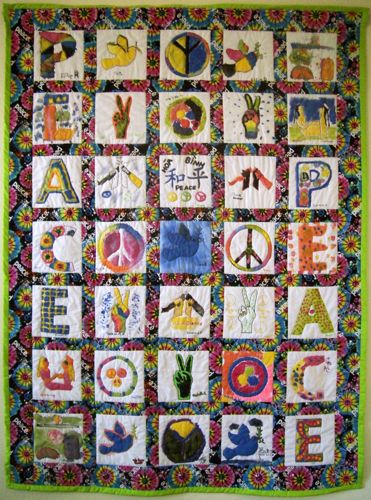With the ongoing evolution of print-on-demand (POD) and ebook technologies, the publishing industry continues to change rapidly. Here are three new items in the publishing world that recently caught my eye:
(1) The November, 2013, issue of Independent, the member publication of the Independent Book Publishers Association (IBPA), has part 3 of a series titled “What POD Can Do,” in which various small publishers report on how print-on-demand fits into their business model. In this issue, Dave Biesel of St. Johann Press reports:
“One of our early authors was John Shelby Spong. When his current publisher was not interested in reprinting his early titles, he asked if we would keep six of his books, including Honest Prayer, in print. Since we did not have deep pockets, we started by printing 50 copies using POD technology…. We ahve purchase rights to other published books, including Jim Burklo’s Open Christianity….” (Burklo, by the way, just spoke at our church on the topic of homelessness.)
St. Johann Press’s model would work well for some older Unitarian Universalist titles. For example, I’d like to see some of James Luther Adams’s books get put back in print using this model — it would take very little front money, but you could have copies on hand to ship immediately.
(2) One of the teens at church pointed me to Booksie.com, a platform that she uses to put finished drafts of her writing online for comments and feedback, which she then incorporates into final revisions. Yes, this sort of thing has been done before — scribd.com comes to mind — but Booksie looks like it is emphasizing the social networking side of writing. Might be a good way to solicit feedback on one’s writing.
(3) The UUA might finally be catching up to the advances in digital publishing. From Long Ago and Many Lands, a great Unitarian Universalist story book first published in the 1940s, was reissued by Skinner House in 1995. Skinner House finally stopped publishing it a couple of years ago; I still use it as a curriculum resource, so when I need a copy I search used booksellers online.
But recently, the UUA decided to reissue From Long Ago as an ebook. This is an obvious step to take: you can keep the title in print, but you don’t need to keep any stock on hand. Unfortunately, however, it was only reissued in proprietary Amazon Kindle format, instead of in an open ebook format.
Furthermore, as long as you’re going to go through the trouble of setting up a book as an ebook, you might as well run it through Quark Xpress or Adobe InDesign and lay it out as both a print book and an ebook. Then you can send the files for the print version to a POD printer, and drop-ship small orders from the POD printer instead of carrying books in inventory. And if you want to have printed copies to sell in person at, e.g., General Assembly, you only buy as many as you need.
*****
It’s a whole new publishing world out there, and we liberal religionists should sit up and take notice of the possibilities opened up by POD. In the article “What POD Can Do” mentioned above, one small publisher notes, “Because of POD, our books are effectively ‘out of print’ only if we decide to delist them. Most of our books continue to sell long after their peak. There is very little cost to keeping a book active, and POD makes this very easy.” So many liberal religious classics could be made available, either as ebooks or print copies — and interesting new books can be developed very inexpensively.

